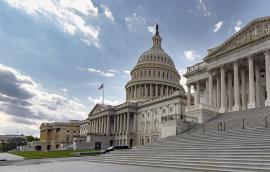The White House’s Heroin Response Strategy: Bringing Together Public Health and Public Safety
A new White House initiative to address rising U.S. heroin use will increase funds to pinpoint the sources of heroin as well as hot spots for drug overdoses. Baker Institute Blog: http://bit.ly/1h0W7r2
Katharine Neill Harris August 21, 2015







